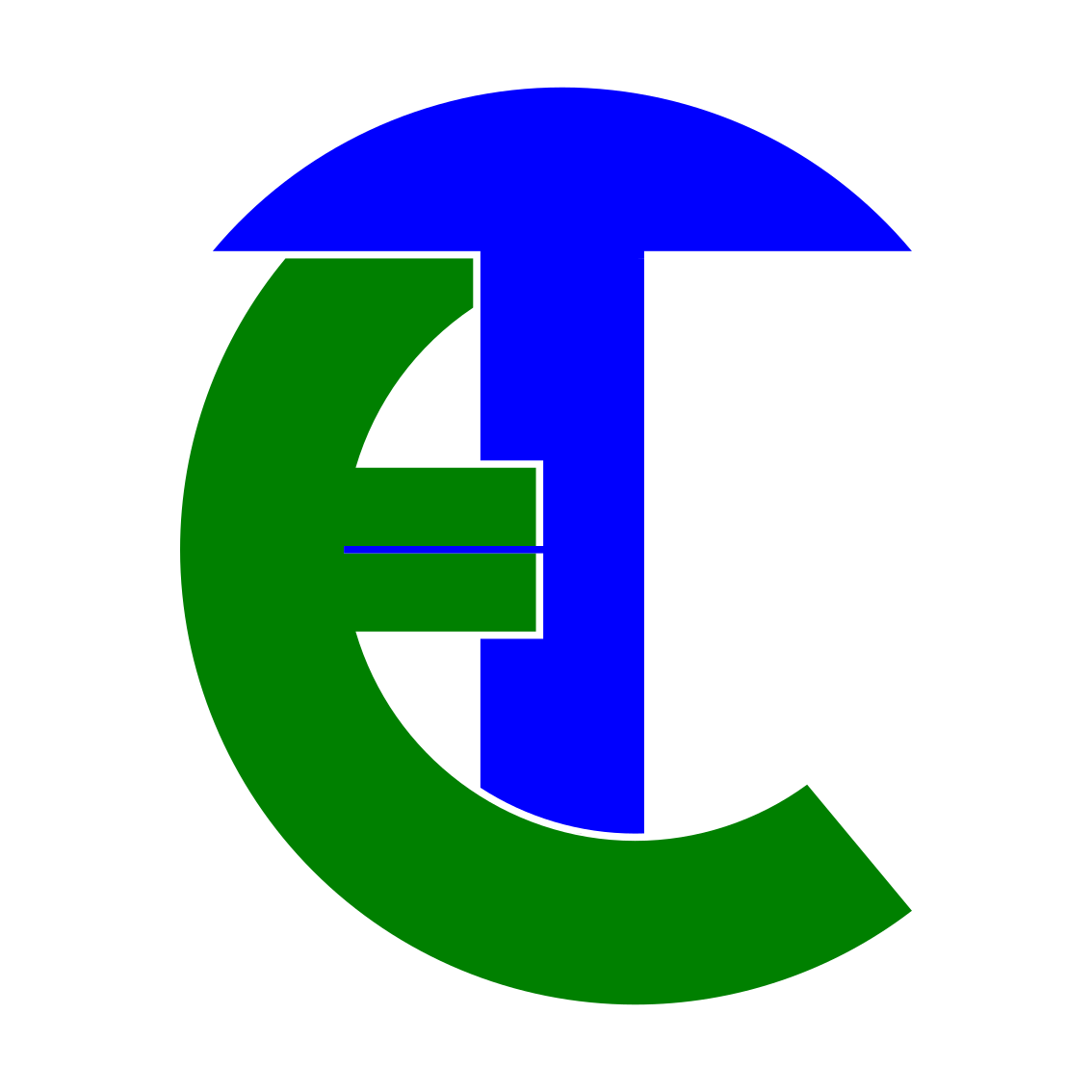Solid Waste Treatment
Db Technology is a cutting-edge waste treatment method. It involves pressing and extruding waste to convert it into energy. This technology is beneficial for waste managers, local governments, landfill operators, and environmental technicians.
Municipal solid waste is made up of five main types of materials: biodegradable waste, water, minerals (like glass, sand, and stones), metals, and solid waste (such as plastic, cardboard, wood, and textiles). When this waste is subjected to extremely high pressure, the organic and wet components become fluidized. In a perforated compression chamber, the solid and fibrous materials are retained, while the fluidized organic and wet fractions are pressed through the perforations.
Municipal solid waste is divided into dry and wet fractions, each with beneficial disposal options. The dry fraction can be used as raw material for refuse-derived fuel (RDF), which is employed to generate thermal or electrical energy and can be further sorted in specialized plants. The wet fraction, rich in organic material, is highly biodegradable and can be processed aerobically through composting to create fertilizers or anaerobically to produce biogas for energy.








